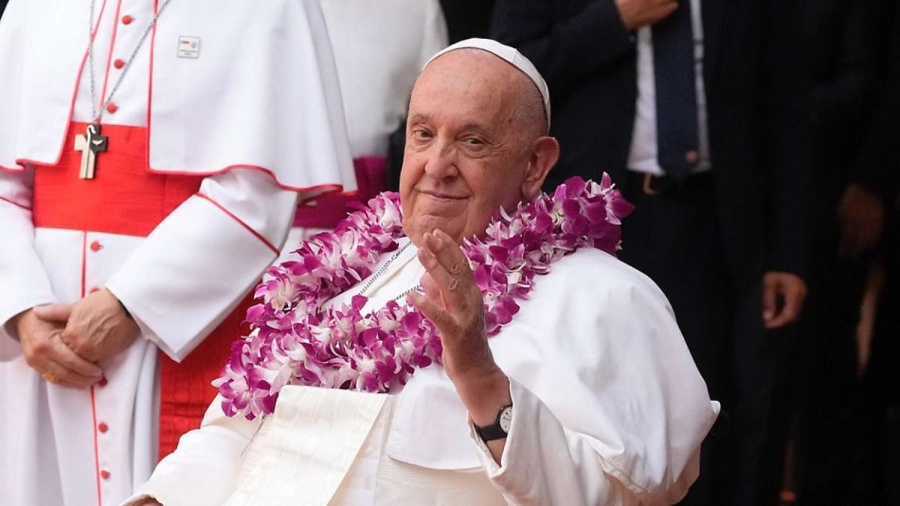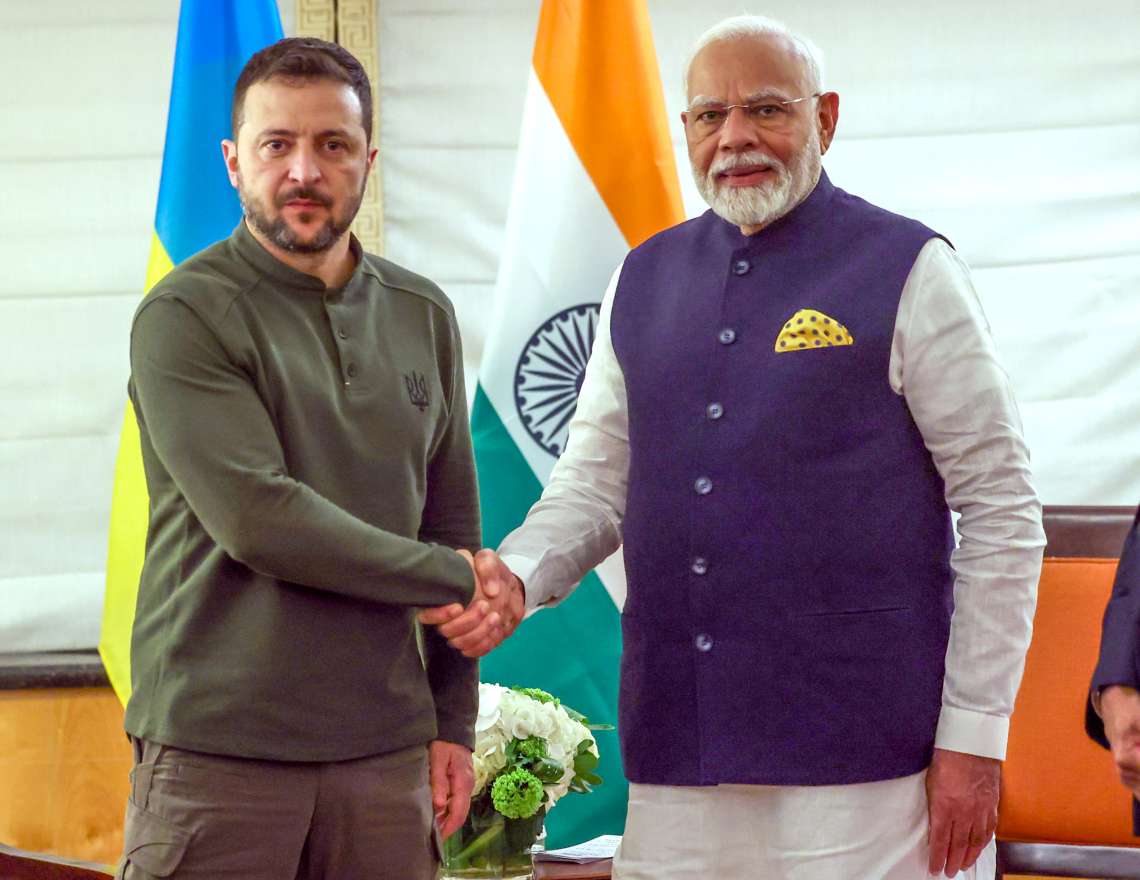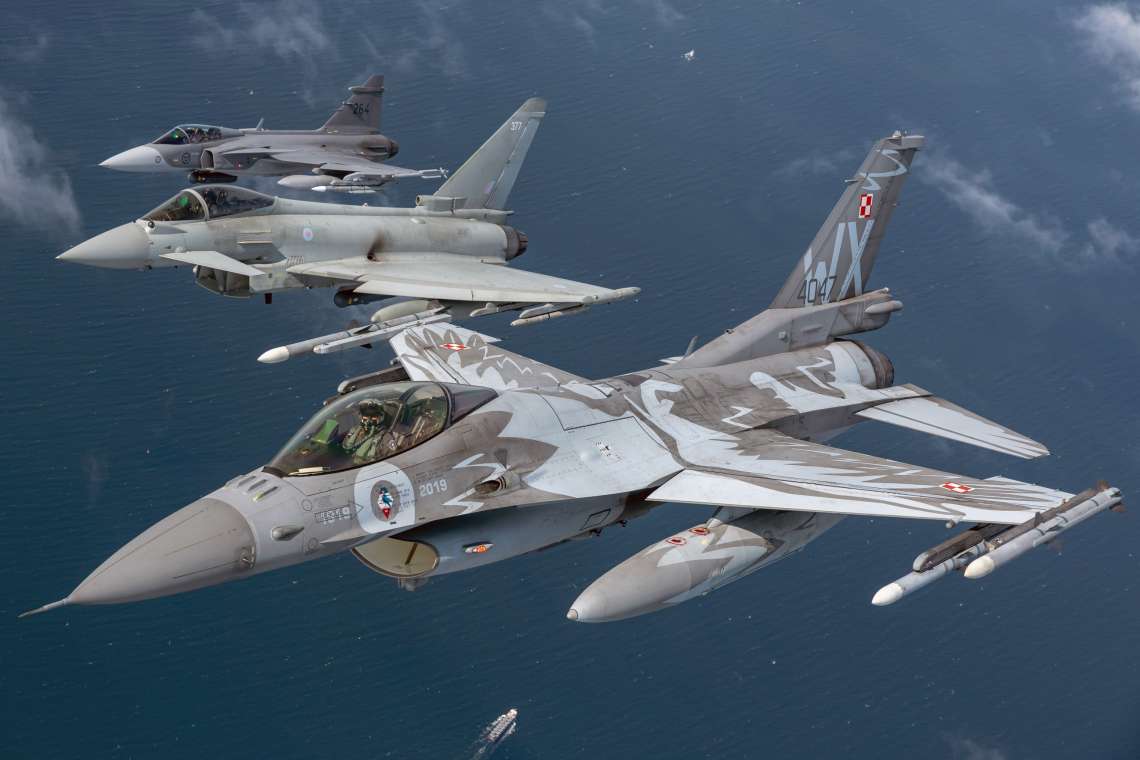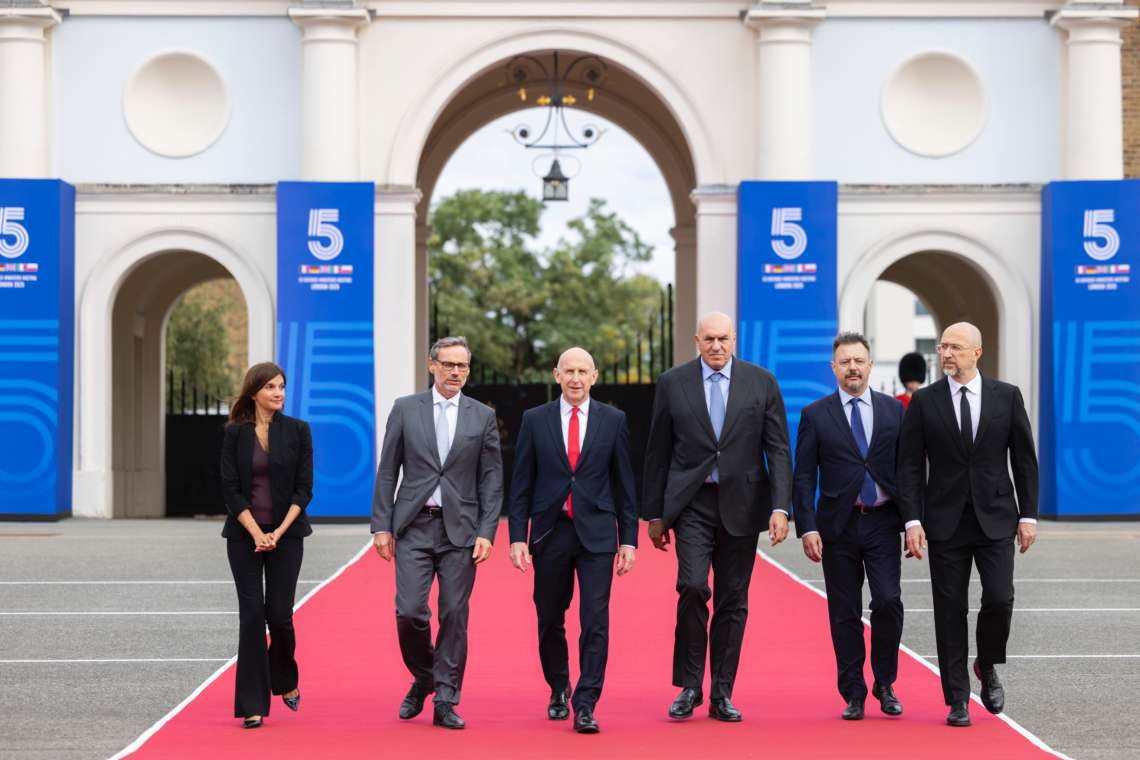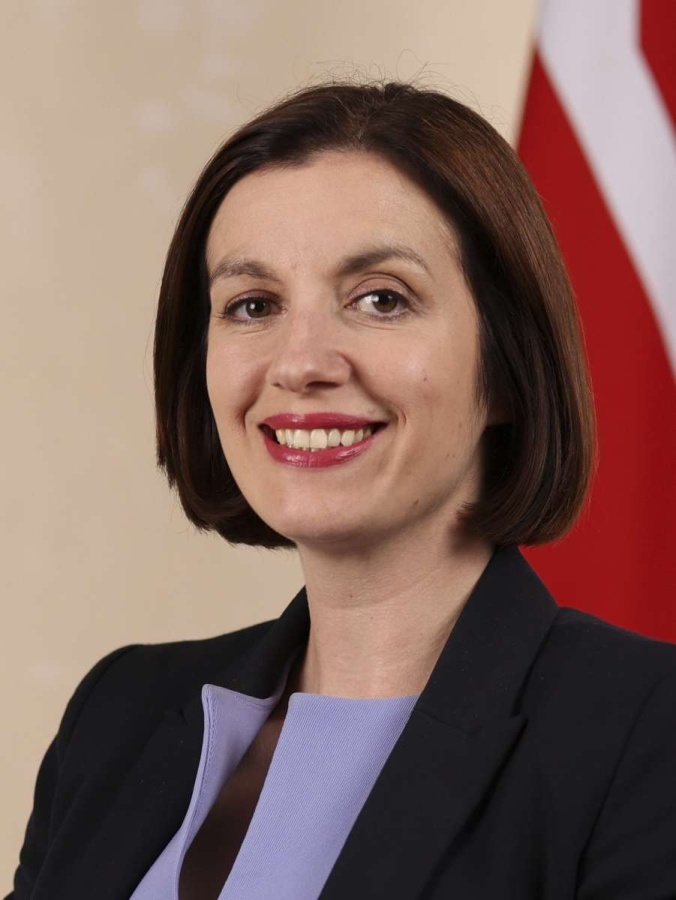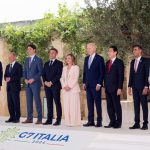Pope Francis named the head of the Ukrainian Greek Catholic Church in Australia, Bishop Mykola Bychok, in recognition of the ongoing war in Ukraine…reports Asian Lite News
The pope named the head of the Ukrainian Greek Catholic Church in Australia, Bishop Mykola Bychok, in recognition of the ongoing war in Ukraine.
Pope Francis named the head of the Ukrainian Greek Catholic Church in Australia, Bishop Mykola Bychok, in recognition of the ongoing war in Ukraine.
With the nominations, the pontiff has significantly increased the size of the College of Cardinals and further cemented his mark on the group which will one day elect his successor.
The nomination of 44-year-old Bychok, the youngest nominee, gave Ukraine its only cardinal and sent a subtle political message as Russia’s war grinds on.
Ukraine’s ambassador to the Holy See, Andrii Yurash, praised the move, even though Pope Francis chose the head of Ukraine’s Greek Catholic Church in Australia over the Kyiv-based head, His Beatitude Sviatoslav Shevchuk.
The oldest to be named was Monsignor Angelo Acerbi, a 99-year-old retired Vatican diplomat who was once held hostage for six weeks in Colombia by leftist guerrillas.
The new cardinals will receive their red hats at a ceremony known as a consistory on 8 December, an important feast day on its own that officially kicks off the Christmas season in Rome.
It will be Pope Francis’ 10th consistory to create new princes of the church and the biggest infusion of voting-age cardinals into the college in his 11-year pontificate. Acerbi is the only one of the new intake who is over 80 and hence too old to vote for the new pope.
Usually, the college has a limit of 120 voting-age cardinals, but popes often temporarily exceed the cap to keep the body robust as existing cardinals age out. As of 28 September, there were 122 cardinal-electors. The new infusion brings their number to 142.
Among those named by history’s first Latin American pope were the heads of several major dioceses and archdioceses in South America. They are the archbishop of Santiago del Estero in Argentina, Vicente Bokalic Iglic; the archbishop of Brazil’s Porto Alegre, Jaime Spengler; the archbishop of Santiago, Fernando Natalio Chomali Garib; the archbishop of Guayaquil, Ecuador, Luis Gerardo Cabrera Herrera; and the archbishop of Lima, Carlos Gustavo Castillo Mattasoglio.
That stands in sharp contrast to the lone new cardinal from North America: the archbishop of Toronto, Francis Leo. Showing the universality of the church around the world, Francis also tapped the archbishop of Tehran, Monsignor Dominique Joseph Mathieu, and the bishop of Bogor, Indonesia, Monsignor Paskalis Bruno Syukor. They both belong to the Franciscan religious order and are two of the four new Franciscan cardinals.
In addition to Syukor, Asia gets two more cardinals: Monsignor Tarcisio Isao Kikuchi, the archbishop of Tokyo, and Monsignor Pablo Virgilio Sinogco David, the bishop of Kalookan in the Philippines. Aside from Asia, the other region where the church is growing is Africa, which got two new cardinals: the archbishop of Abidjan, Monsignor Ignace Bessi Dogbo, and the bishop of Algiers, Monsignor Jean-Paul Vesco.
“Francis has again continued to extend the reach of the college of cardinals,” said Christopher Bellitto, a church historian at Kean University in Union, New Jersey. “Like his predecessors, but even more so, he’s making sure that Catholic leaders from the church’s edges have a voice at the big table.” Even before Sunday’s announcement, Pope Francis had already named the vast majority of the voting-age cardinals who will one day vote in a conclave.
According to Vatican statistics, before Sunday, 92 of the cardinals under 80 had been named by Francis, compared with 24 named by Pope Benedict XVI and six by St John Paul II.
ALSO READ: UK steel industry calls for protectionist measures


